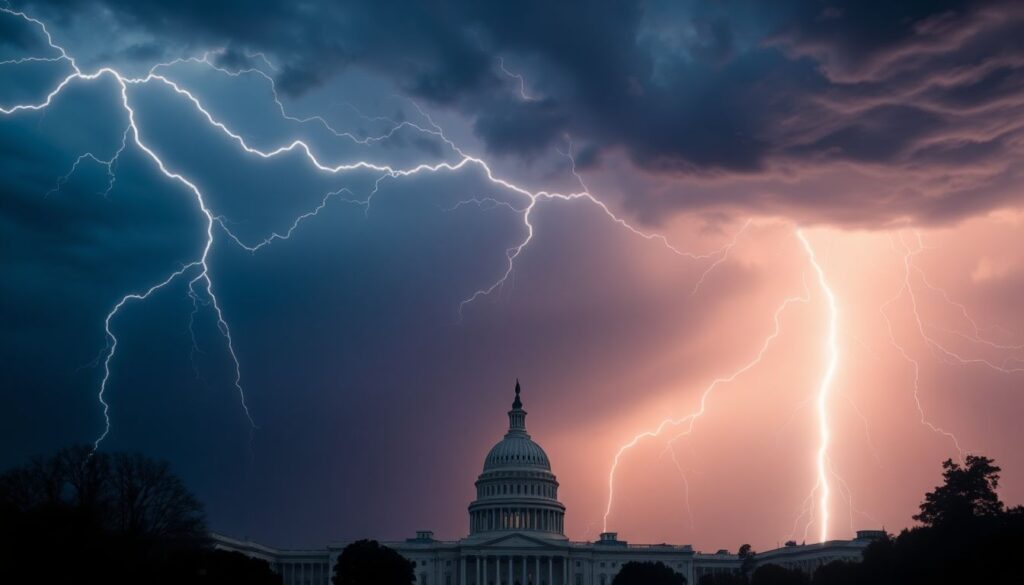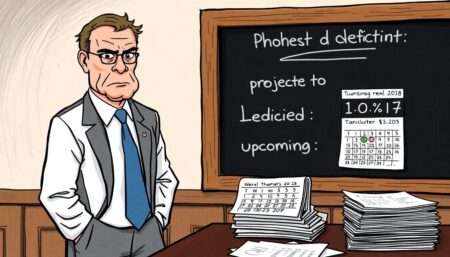In the labyrinthine corridors of Capitol Hill, a peculiar dance is unfolding, one that’s as much about political posturing as it is about the practicalities of disaster relief. As the clock ticks down towards another government shutdown, lawmakers are locked in a contentious debate over a seemingly straightforward issue: how to fund the federal response to a string of devastating natural disasters.
But this isn’t your typical budget spat. The numbers involved are staggering
- we’re talking tens of billions of dollars earmarked for recovery efforts in hurricane-ravaged Puerto Rico, wildfire-scorched California, and a host of other disaster-stricken states. Yet, despite the urgency of the situation, Congress finds itself in a familiar stalemate, with Democrats and Republicans trading barbs and accusations across the aisle.
So, what’s the holdup? Why are lawmakers squabbling over disaster aid when people are suffering? And more importantly, what can we, as responsible citizens, learn from this political wrangling to better prepare ourselves for similar situations? This article aims to untangle the web of politics and policy that’s delaying disaster relief, and to provide you with practical tips on how to prep for the unexpected, ensuring that you’re never left at the mercy of political gamesmanship.
Let’s start by addressing the elephant in the room: the partisan divide. Democrats are pushing for a comprehensive disaster aid package that includes billions for Puerto Rico, a territory that’s still reeling from Hurricane Maria’s devastation in 2017. Republicans, on the other hand, are calling for a more targeted approach, arguing that Puerto Rico has already received sufficient funding. This impasse has left many wondering: why can’t Congress set aside their differences and pass a bill that helps everyone?
The answer, unfortunately, is complex. It involves a web of political calculations, ideological differences, and even a touch of election-year jockeying. But while the reasons for the delay are frustrating, they’re also instructive. They remind us that when it comes to disaster preparedness, we can’t afford to rely solely on government assistance. We need to take matters into our own hands, to prep for the worst and hope for the best.
In the following sections, we’ll delve into the intricacies of the Hill funding debate, exploring the political dynamics at play and the real-world consequences of the delay. But we won’t stop there. We’ll also provide you with a comprehensive guide to prepping, from stockpiling essential supplies to developing a family emergency plan. Because while Congress may be stuck in neutral, you don’t have to be. You can take action now to ensure that you’re ready for whatever life
- or Mother Nature
- throws your way.
So, buckle up, dear reader. We’re about to take a whirlwind tour of the political landscape, and then dive into the nitty-gritty of disaster preparedness. By the end of this article, you’ll have a newfound appreciation for the complexities of government decision-making, and a practical roadmap for prepping like a pro. Let’s get started.
As Democrats Eye a New Era, Rep. David Scott Faces Challenges from Within
As the Democratic Party looks towards a new era, Representative David Scott, a veteran politician from Georgia, finds himself in a unique position. Having served in the House of Representatives since 2003, Scott is one of the most senior African American members of Congress. However, his long tenure has not shielded him from the challenges that come with changing political tides and a restless electorate.
Scott, who represents the 13th District in Georgia, has faced criticism from within his own party for his voting record. Some Democrats argue that he has not been progressive enough, pointing to his votes on issues such as healthcare and climate change. This has led to a primary challenge from a more liberal candidate, Keisha Sean Waites, who has criticized Scott’s record and promised to be a more reliable vote for the party’s platform.
Scott, for his part, has defended his record, pointing to his experience and seniority in Congress. He argues that his ability to work across the aisle and build relationships with Republicans has allowed him to get things done for his district. He also notes that he has been a consistent advocate for progressive causes, such as voting rights and criminal justice reform.
Regardless of the outcome of the primary, Scott’s challenge highlights the broader tensions within the Democratic Party as it looks towards the future. Some Democrats want to see a more progressive agenda, while others prioritize pragmatism and bipartisanship. As the party navigates these competing priorities, it will be interesting to see how Scott’s challenge plays out and what it says about the direction of the Democratic Party in the years to come.
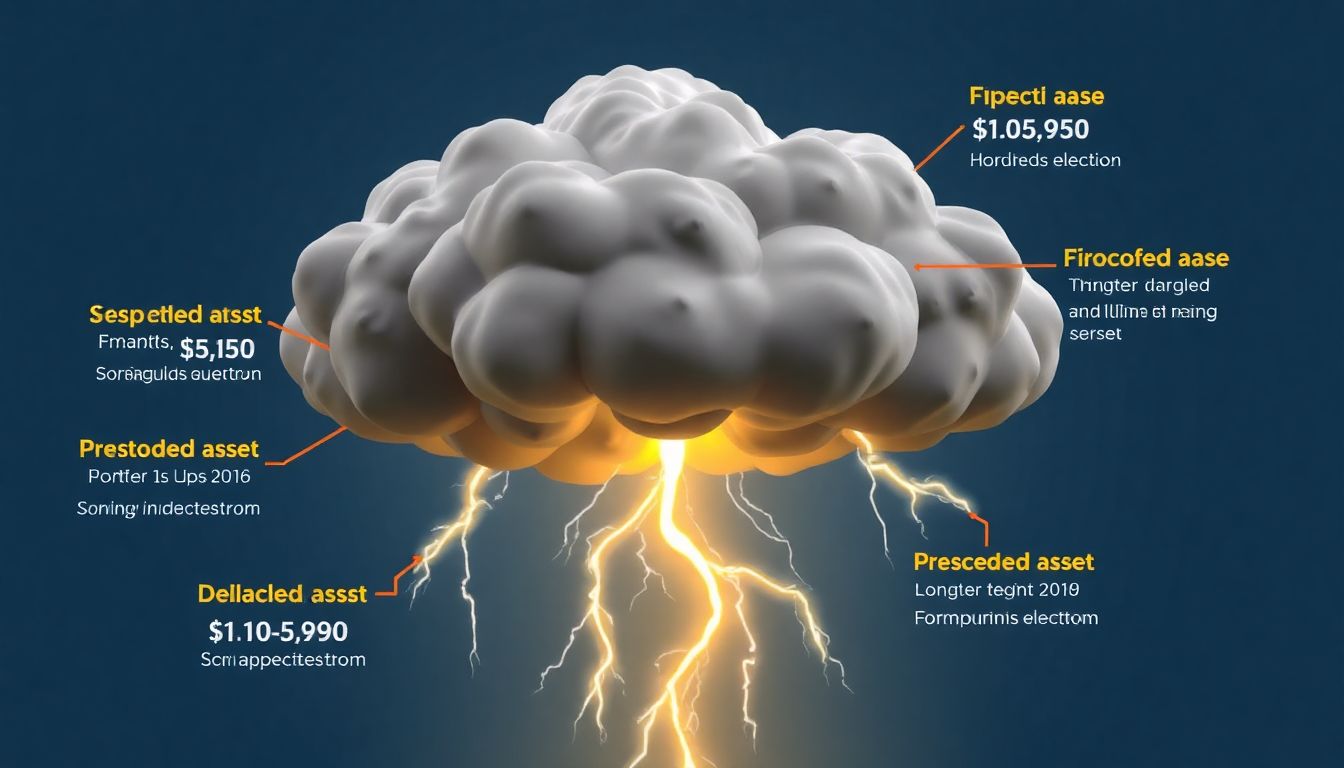
The Perfect Storm: Democrats’ Election Losses and the Call for Change
The Perfect Storm: Democrats’ Election Losses and the Call for Change
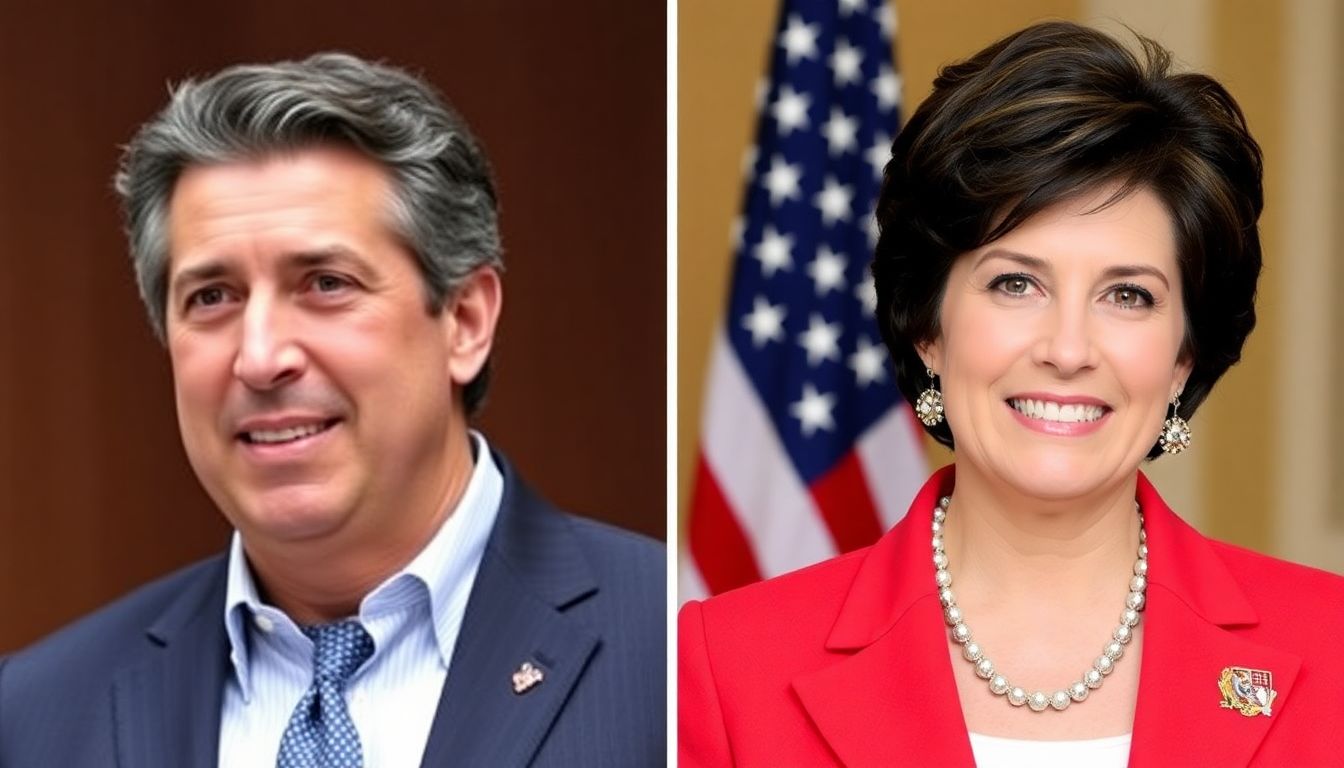
The Race for the Top Spot: Scott’s Challengers
The political landscape of the House Agriculture Committee is heating up as two Democratic representatives, Rep. Jim Costa (D-Ca.) and Rep. Angie Craig (D-Mn.), have thrown their hats into the ring to challenge the incumbent Ranking Member, Rep. David Scott (D-Ga.).
Rep. Jim Costa, a 12-term congressman from California’s 16th district, brings a wealth of experience to the table. A lifelong resident of the Central Valley, Costa has a deep understanding of the agricultural industry, having grown up on a family farm and worked in the business. His qualifications include serving on the House Agriculture Committee since 2005, where he has held various subcommittee positions. Costa believes his extensive experience and commitment to rural communities make him the ideal candidate to lead the committee.
Meanwhile, Rep. Angie Craig, representing Minnesota’s 2nd district since 2019, is a formidable challenger with a unique background. A former business executive and tech entrepreneur, Craig brings a fresh perspective to the table. She has quickly made a name for herself in Congress, serving on the House Agriculture Committee and the House Education and Labor Committee. Craig’s platform emphasizes the need for innovation and technology in agriculture, as well as a focus on supporting rural communities and addressing the industry’s workforce needs.
Both candidates have compelling reasons for believing they are better suited for the ranking member position. Costa’s extensive experience and deep roots in agriculture give him a strong foundation, while Craig’s business background and focus on innovation offer a new approach to the challenges facing the agricultural industry. As the race for the top spot continues, one thing is clear: the future of the House Agriculture Committee is in capable hands.

The Scott Factor: Health Concerns and Leadership Questions
The Scott Factor: Health Concerns and Leadership Questions
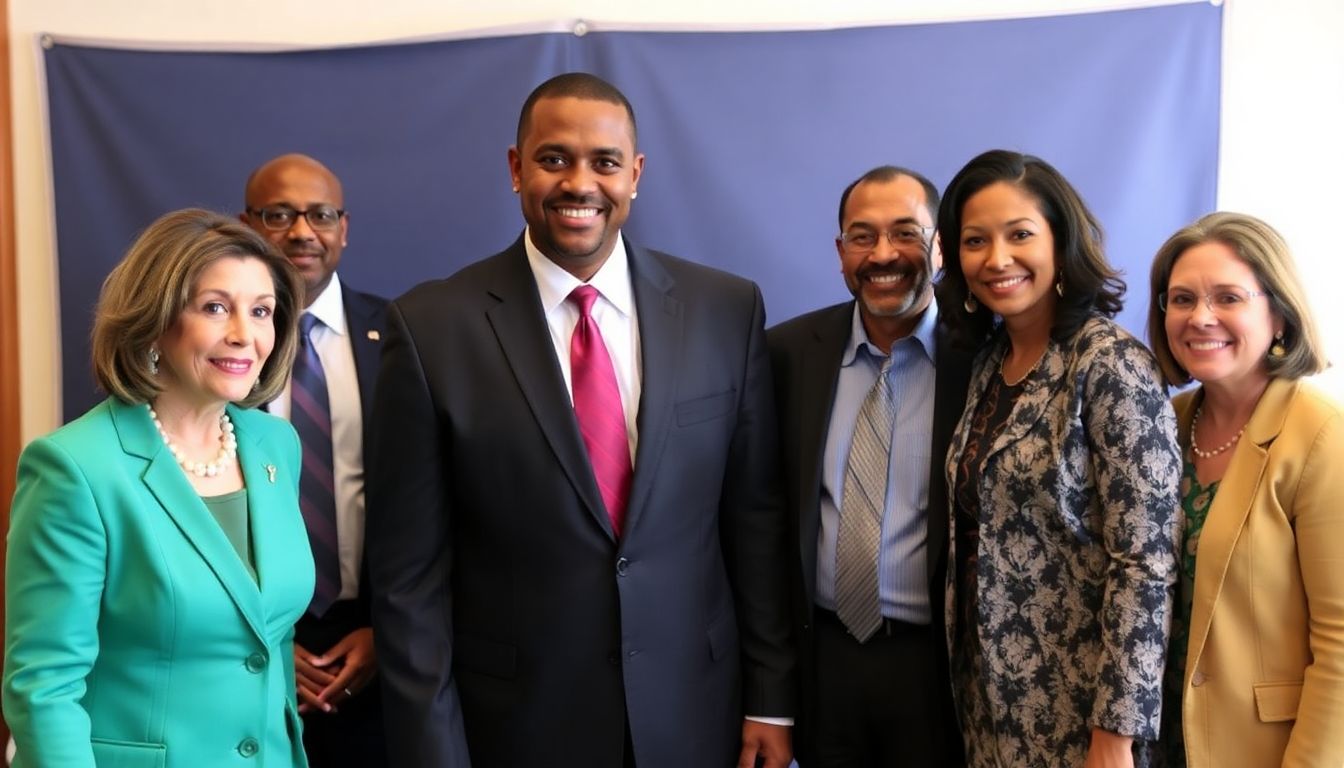
The Power Players: Pelosi, Jeffries, and the Steering Committee
The Power Players: Pelosi, Jeffries, and the Steering Committee

The Generational Divide: Younger Democrats vs. the Old Guard
The Generational Divide: Younger Democrats vs. the Old Guard
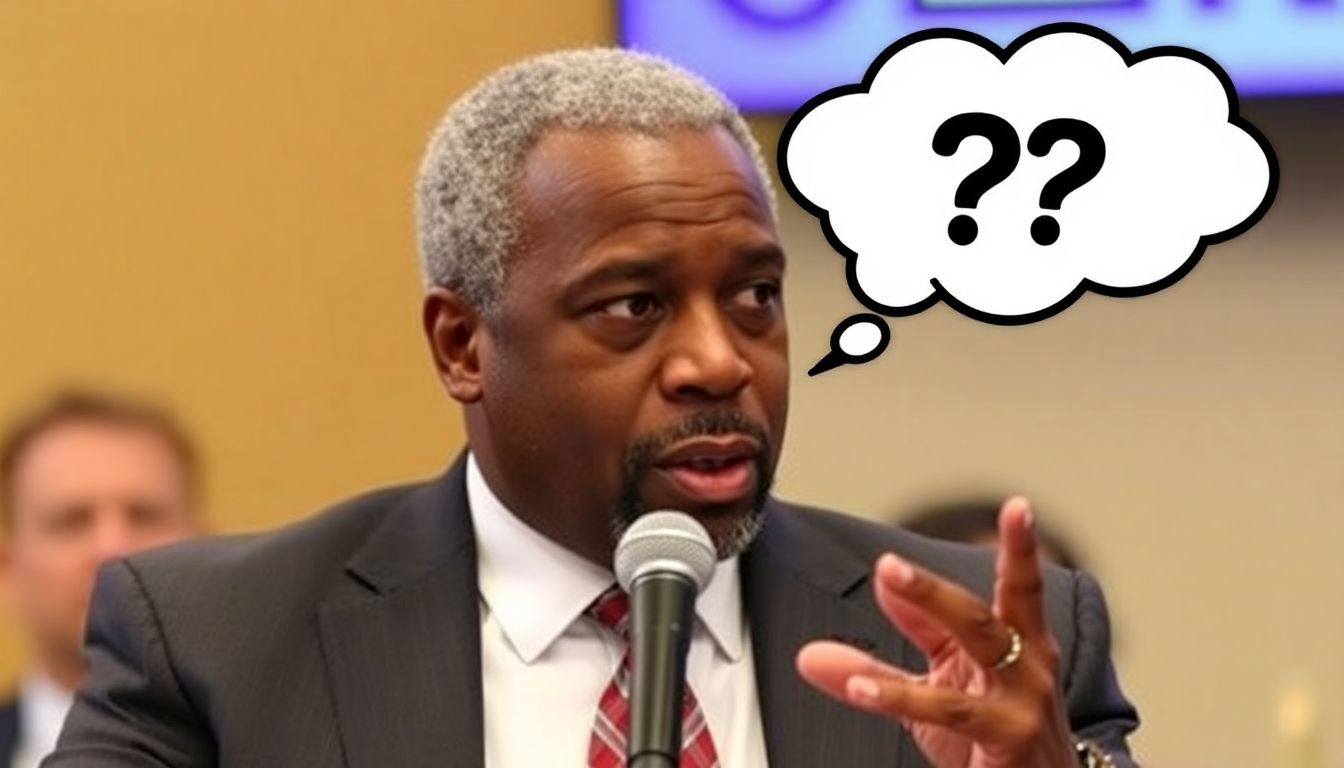
The Road Ahead: Scott’s Last Stand and the Future of the Agriculture Committee
The Road Ahead: Scott’s Last Stand and the Future of the Agriculture Committee



